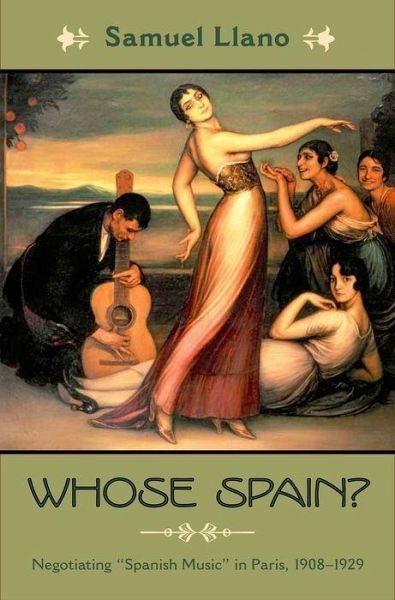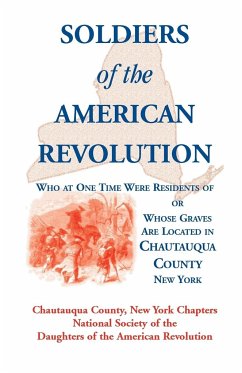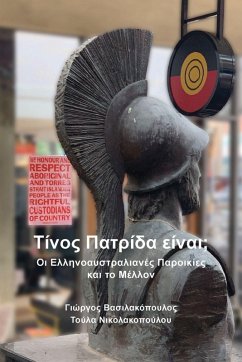
Whose Spain?
Negotiating "Spanish Music" in Paris, 1908-1929

PAYBACK Punkte
43 °P sammeln!
In this book, Llano analyzes the socio-political discourses underpinning critical and musicological descriptions of 'Spanish music' at the beginning of the nineteenth century and the discourse's connection with French politics and culture of the era. Llano studies operas and other musical works for the stage as privileged sites for the production of Spanish musical identities, and ultimately demonstrates that definitions of 'French' and 'Spanish' music during this period were to some extent interdependent.













